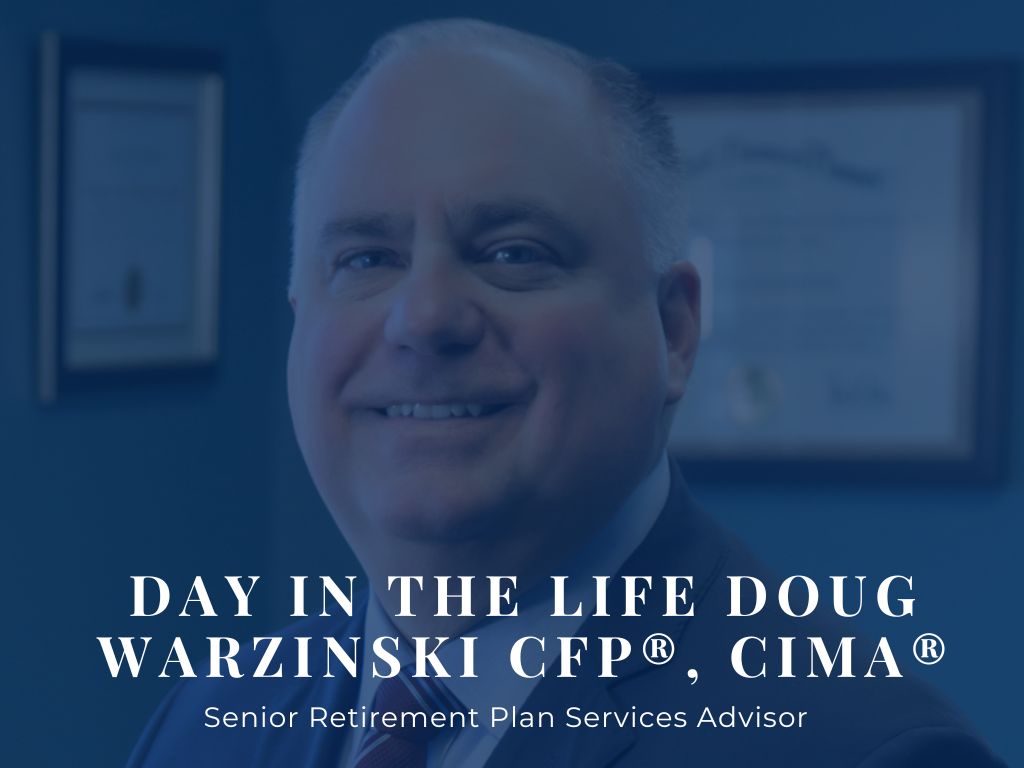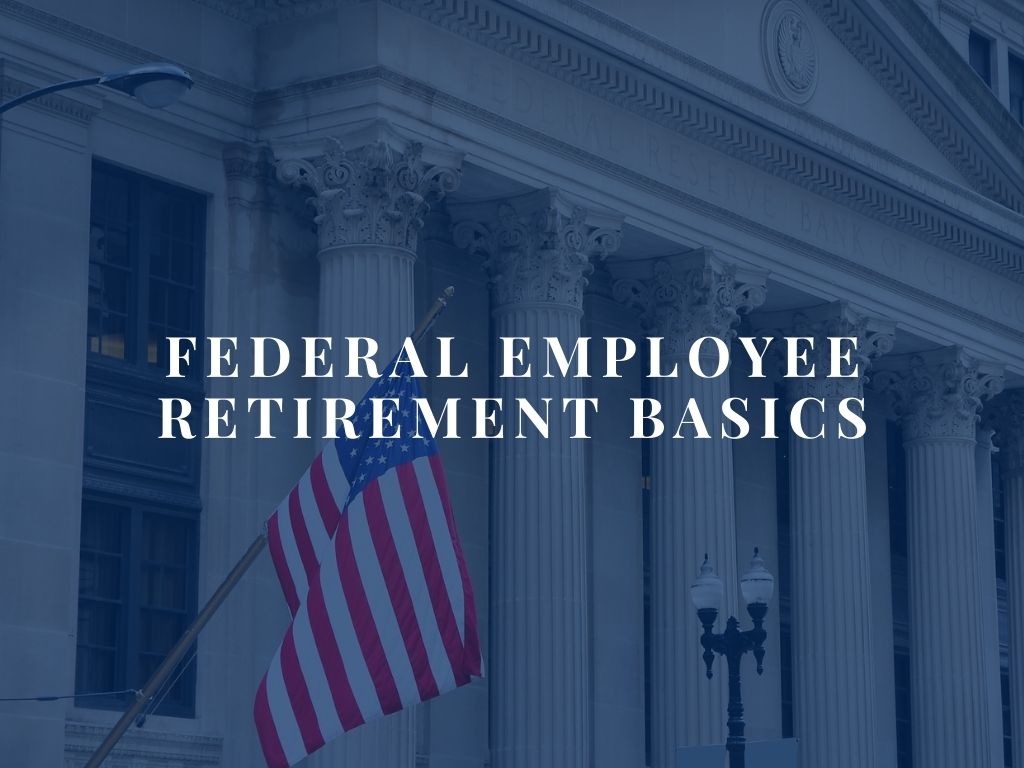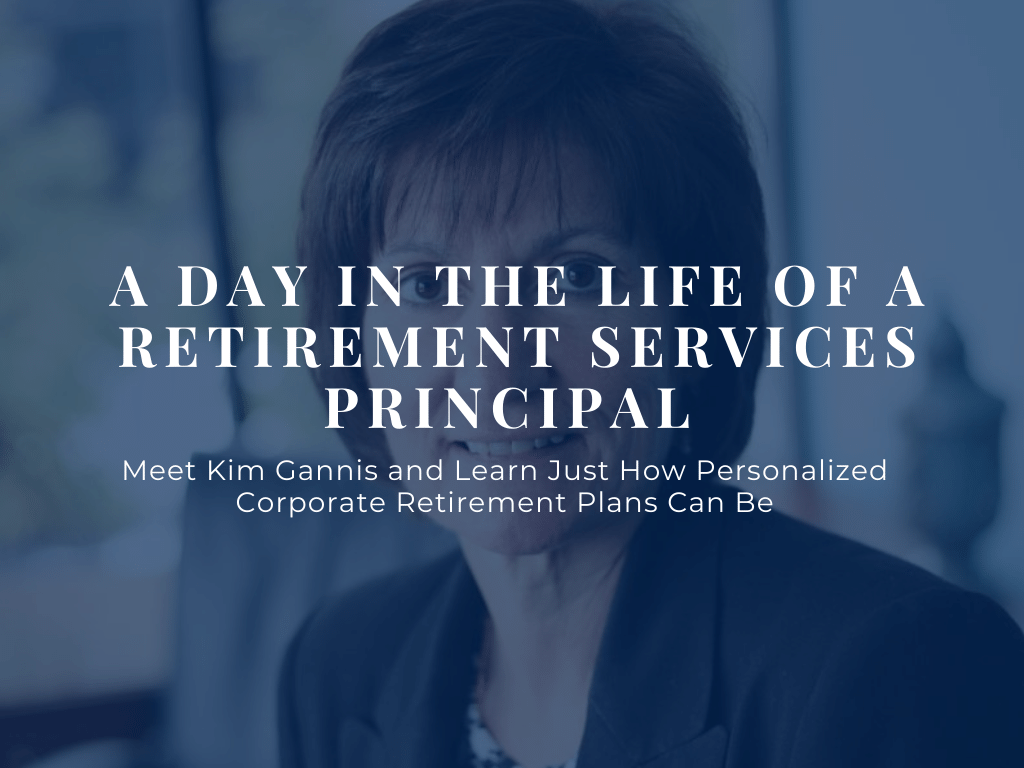The retirement arena of the financial world can be tricky to navigate, for both employers and individuals. Retirement looks different for everybody, and plans provided by business owners come with plenty of fine-print details and considerations. It can seem daunting, to be sure, but retirement planning poses some of the most important decisions anyone can make. Doug Warzinski, CFP®, CIMA® is here to make it all connect seamlessly and responsibly as a Senior Retirement Advisor.
Here’s more about Doug Warzinski, his background and what it’s like to work with Doug on retirement plan services.
With 20 years of expertise in retirement plan design and wealth management services, Doug Warzinski helps corporate clients and retirement plan participants address their various financial needs. He’s worked at Carnegie Investment Counsel since 2021. Doug earned his bachelor’s degree in business administration with a marketing major from Ohio University, and he later attained the Certified Investment Management Analyst® designation and CERTIFIED FINANCIAL PLANNER™ designation.
When he’s not at work, Doug enjoys spending time with his wife and their two daughters, coaching the girls’ soccer teams and caring for the family Bernedoodle, Penny.











